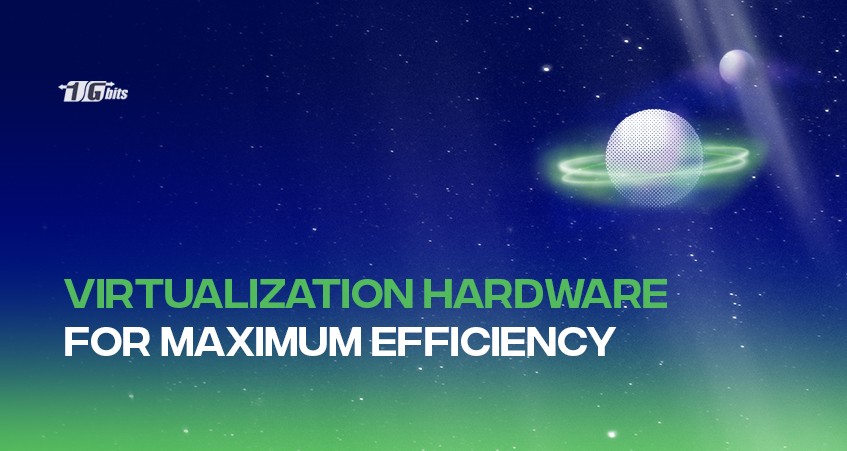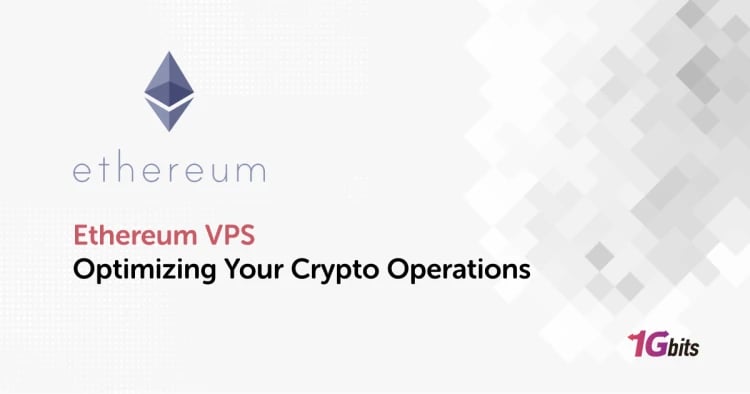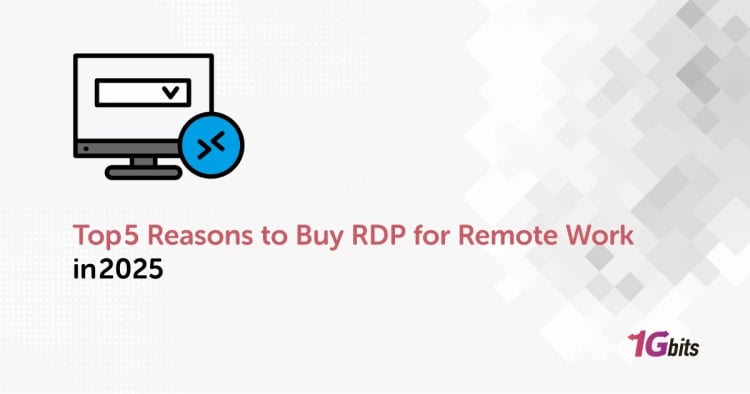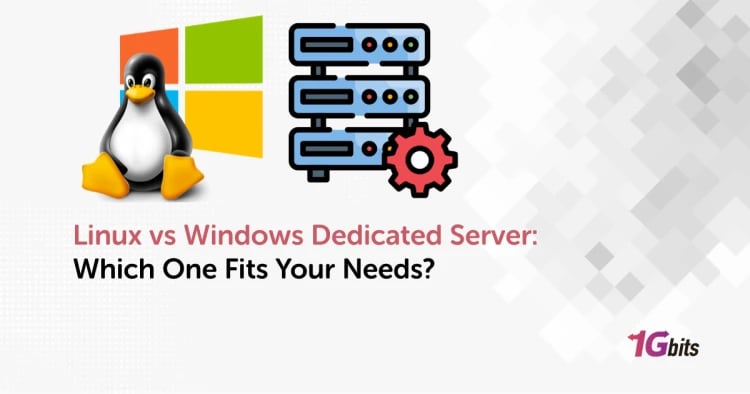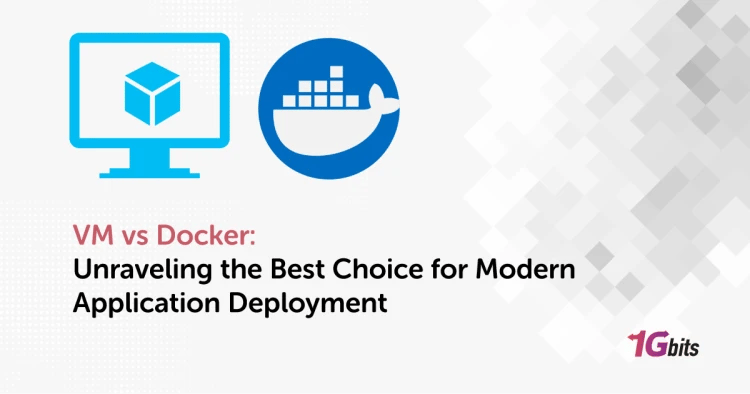Virtualization technology has revolutionized how we use our computing resources, providing a cost-effective and flexible means of utilizing hardware. However, to make the most of your virtualization environment, you need the right hardware. Many hardware vendors offer virtualization-specific products, but choosing the best one can be overwhelming. This article will provide you with a list of the best virtualization hardware on the market to help you make an informed buying decision.
How Does Virtualization Work?
Virtualization allows multiple virtual machines (VMs) to run on a single physical machine using a software layer known as the hypervisor. The hypervisor manages the underlying physical hardware and emulates a complete hardware environment for each VM. Each VM is isolated from the other VMs, and each VM can run its operating system and applications.
When a VM requests resources such as CPU, memory, storage, or network, the hypervisor allocates resources from the available pool of physical hardware. The hypervisor also provides an abstraction layer between the VMs and the physical hardware, allowing VMs to be moved from one physical machine to another without affecting their functionality. This flexibility and isolation make virtualization technology an ideal solution for modern data centers, where resources must be utilized efficiently while maintaining high levels of availability and security.
How Does Hardware Affect Virtualization Performance?
Hardware plays a critical role in the performance of virtualization environments. The hardware resources allocated to each VM, such as CPU, memory, storage, and network bandwidth, can significantly affect the performance of the applications running on the VM. A poorly configured or insufficient hardware environment can result in slow application performance, resource contention, and even system crashes. Therefore, it is essential to choose the right hardware to support your virtualization needs.
The hardware configuration for virtualization environments must be carefully planned to ensure optimal performance. Factors such as the number of VMs, the type of workload, the required level of redundancy, and the expected growth in demand should be considered when selecting hardware.
In addition, hardware vendors have introduced specialized virtualization-specific hardware, such as virtual network interface cards (NICs), storage area networks (SANs), and solid-state drives (SSDs), which can help to optimize virtualization performance further. By selecting the right hardware, virtualization can provide high efficiency, scalability, and reliability, making it an essential technology for modern computing environments.
How to Choose the Right Hardware for Virtualization
- Determine your requirements: Before choosing any hardware, assess the needs of your virtualization environment. Consider factors like workload type, number of VMs, storage capacity, and network requirements.
- Check the processor and memory capacity: Virtualized applications require high processing power and plenty of memory to run smoothly. Choose a processor with adequate cores and a high clock speed. Also, ensure that there is enough memory to support your virtualized applications.
- Choose the right storage: Storage is a crucial component of a virtualization environment. Consider the capacity, performance, and reliability of the storage system. Look for storage options that support advanced features such as thin provisioning, deduplication, and compression.
- Consider networking requirements: Network performance is essential for virtualized environments. Ensure the chosen hardware has adequate network interfaces and bandwidth to support your virtualized applications.
- Look for vendor-specific features: Many hardware vendors offer virtualization-specific features such as hardware-assisted virtualization, optimized network interface cards, and on-chip encryption. Consider these features while selecting the hardware.
- Choose hardware that is easy to manage: Look for hardware that is easy to install, configure, and manage. Look for features such as remote management, automated patching, and hardware monitoring tools.
- Consider scalability: Choose scalable hardware that can grow with your virtualization environment. Ensure that it is easy to add new hardware components and that the hardware can support the addition of new VMs.
Following these tips, you can choose the right hardware for your virtualization environment, ensuring optimal performance, scalability, and reliability.
Wrapping Up
In conclusion, the best virtualization hardware depends on individual requirements and preferences. However, several factors, such as performance, scalability, cost-effectiveness, and compatibility with hypervisors, should be considered when selecting virtualization hardware. The market is flooded with various hardware solutions, such as servers, storage devices, and networking equipment that cater to virtualization needs.
Researching and evaluating virtualization hardware before investing is essential to ensure that the infrastructure meets the business needs and delivers a smooth and efficient virtualization experience. Ultimately, choosing the right virtualization hardware can significantly enhance the productivity and efficiency of business operations.
- Virtualization hardware consists of servers, storage devices, and networking equipment.
- The best virtualization hardware is subjective and depends on individual requirements and preferences.
- When selecting virtualisation hardware, performance, scalability, cost-effectiveness, and compatibility with hypervisors should be considered.
- Virtualization allows businesses to consolidate resources, reduce costs, and increase efficiency.
- Research and evaluation of virtualization hardware are essential to ensure it meets business needs and delivers a smooth virtualization experience.
People also read:
